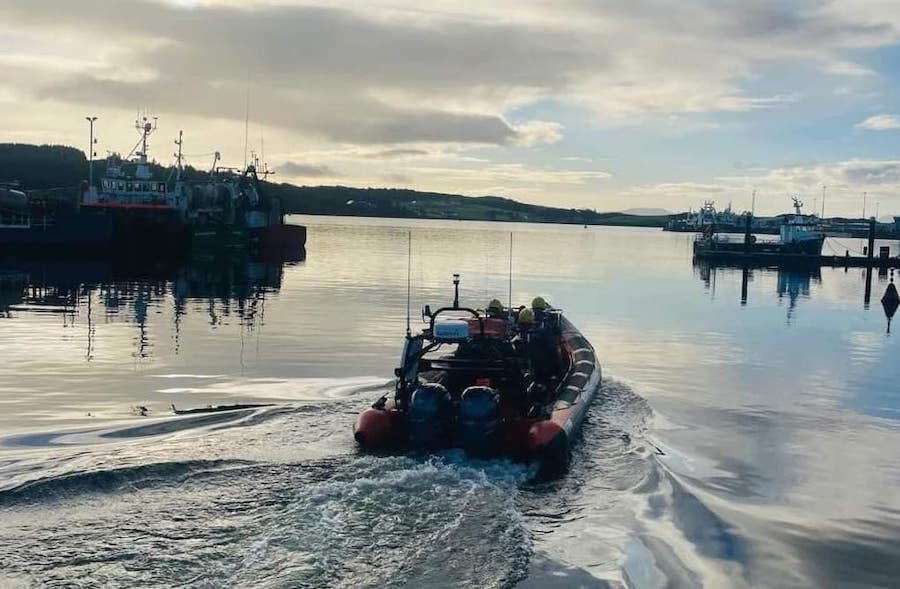Malin Head Coast Guard, Water Safety Ireland and the RNLI has remind the public to prioritise water safety this October Bank Holiday
As colder temperatures and darker evenings arrive, water-based activities continue year-round, increasing risks.
“Be aware of the body’s reaction to cold water and potential dangers like cold water shock, rip currents and unknown depths due to localised flooding,” a Coast Guard spokesperson said.
“Recent bad weather has heightened the unpredictability of seas, with large waves and swells posing significant risks. Always bring a means of communication, check the weather and tide forecasts, and inform someone of your plans.”
Kevin Whitney, Operations Manager Irish Coast Guard said: “As the winter months approach, and temperatures drop, we urge the public to plan and prepare before heading out to sea or along the coast. Always check the weather forecast and local tide times to avoid potential strandings amid the seasonal weather changes. During severe weather, keep a safe distance from exposed coastal areas such as cliffs, piers, and beaches to avoid the dangers posed by breaking waves. Always inform someone of your destination and expected return time and carry a means of communication like a Marine VHF Radio or a fully charged mobile phone for emergencies”.
- Safety Tips for Open Water Swimmers include:
- Be Prepared: Check weather forecasts, tide information, and wave height. Bring warm clothes and a hot drink for after your swim. Carry a mobile phone in a waterproof pouch.
- Never Swim Alone: Always go with a buddy and inform someone of your plans.
- Acclimatise Slowly: Enter the water gradually to avoid cold water shock.
- Be Seen: Wear a brightly coloured swim cap and consider using a tow float.
- Stay in Your Depth: Know your limits and swim parallel to the shore.
- Rip Current Safety: Stay calm, swim parallel to the shore to escape the current, and float to conserve energy if needed.
- Let someone ashore know your plans, where you are going and when you expect to return.
If you see somebody in trouble on the water or along the coast, or think they are in trouble, dial 112 or 999 and ask for the Coast Guard.






